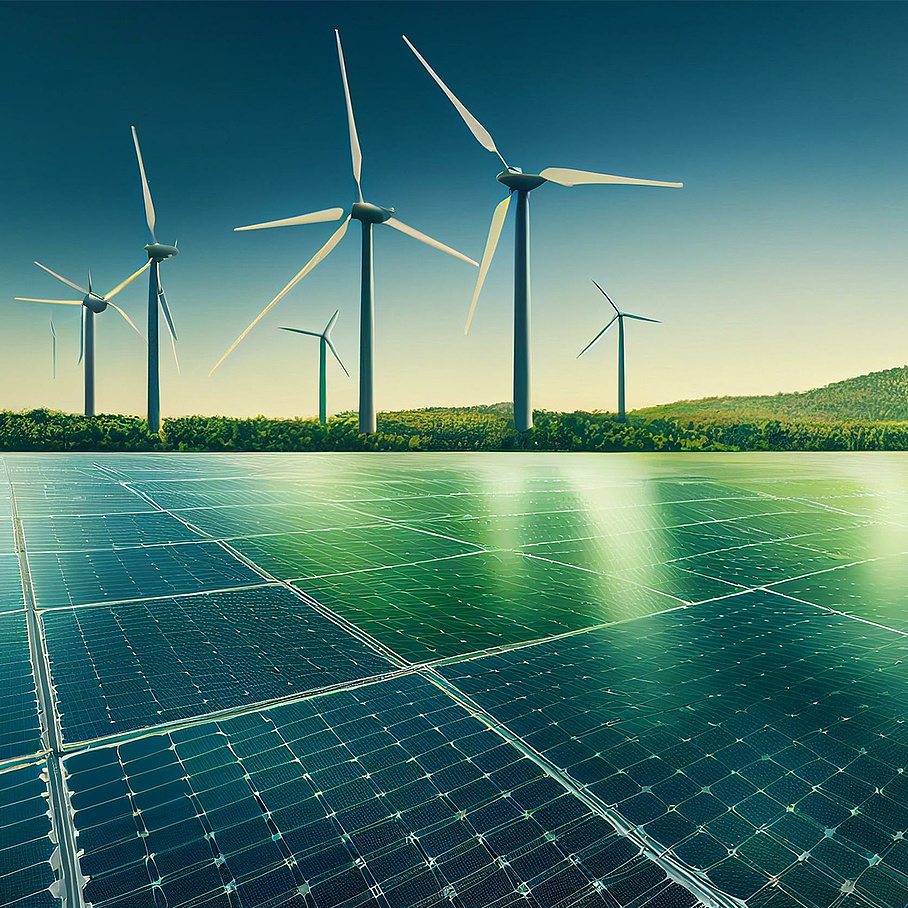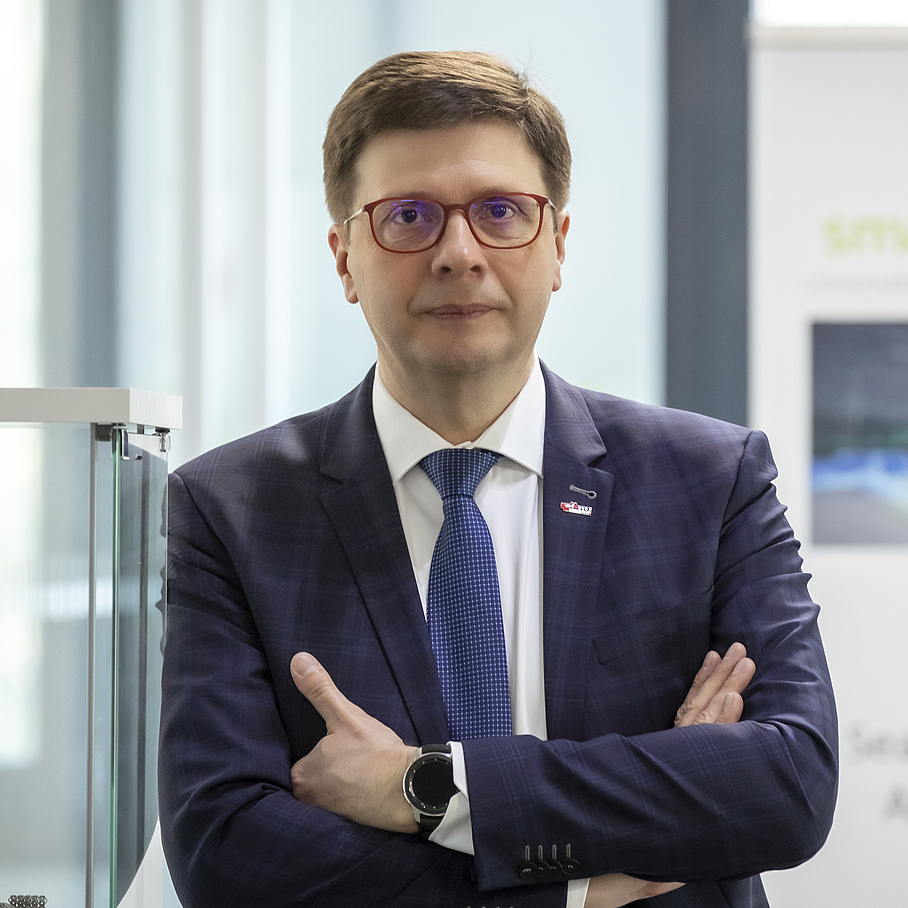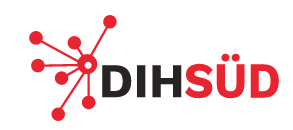Which tasks will need to be fulfilled to keep our energy systems running in the future and what role do innovative energy technologies and economic feasibility analyses play in the transition to climate neutrality?
By placing a focus on the Austrian energy market and its integration into European energy systems, this university course addresses the challenges associated with (future) energy systems and their potentials. Special attention will be paid to strategies and solutions that can be applied in the industrial sector.
This university course enables you to initiate and carry out analyses independently as part of the operational decision-making process and to apply corresponding measures in an efficient and targeted manner.

- Start date: 8 September 2025
- Registration deadline: 1 September 2025
-
Course dates:
Online phase: 08.09.25 - 03.10.25
Classroom phase: 08.10.25 - 10.10.25
Transfer phase: 13.10.25 - 07.11.25
- Duration: 5 Wochen
- ECTS credits: 5
- Degree: Zertifikat der Technischen Universität Graz
- Language of instruction: Englisch/German
- Participation fees: € 1.800,00 (VAT-free), these fees do not include travel, accommodation, and catering costs,
50% fee reduction for large enterprises, free participation for SMEs (exclusively for the launch in September 2025) - Course location: TU Graz and online
- Curriculum
Required documents:
- Completed and signed application form (available in German only)
Please send your application by e-mail to jacqueline.maier@tugraz.at.
Content
Fundamentals of the eco-energy system
- Structure of the Austrian energy supply system: electricity, heating , and gas grids
- Technical backgrounds
- Regulatory framework (e.g. energy communities)
- Market systems
- Integration into the European network
Transformation of the energy system
- Challenges related to the networks
- Challenges related to the industry
- Challenges related to the energy system analysis
Energy system analysis methods
- Energy and energy balancing
- Energy system optimisation methods
- Operation optimisation methods
Strategies and solutions, as well as their influence on the transformation of the energy system
- Technologies of the future
- Energy efficiency measures
- Design and optimisation of energy systems (internal and external)
- Sector coupling
- Hybrid networks
Practical exercises, case studies, calculation examples
This course takes place in 3 phases:
Online phase: In the online phase, you will acquire fundamental knowledge through a process of self-study. This is done by referencing a combination of articles, literature on the topic, learning videos and taking advantage of other small learning offers. You can independently choose when and where you study. In order to ask questions and exchange information with lecturers and other course participants, you can freely access the TU Graz learning platform "TeachCenter".
Before the online phase begins, a synchronous online session (e.g. by using Webex) will be held with the lecturer to provide an easy introduction to the module content. Every week, a synchronous online session with the lecturer is held, which enables you to reflect on the content and to ask any questions you may still have through a direct exchange.
Attendance phase: Based on what you learned in the online phase, you will deepen your knowledge in course units and receive personal support from experts on site. You have the opportunity to discuss, reflect upon, further expand, and apply the knowledge you have learned in the context of case study examples. Students who cannot be on site for professional reasons can participate in the courses via the online conference system (e.g. by using Webex).
Transfer phase: This phase takes place individually or in a team. Here, you will use the knowledge you have acquired to work on questions and problems from your company context. In this phase, you also receive support from experts.

Scientific head
Univ.-Prof. Dipl.-Ing. Dr.techn.
HAAS Franz
Univ.-Prof. Dipl.-Ing. Dr.techn.
KIENBERGER Thomas
A prerequisite for admission to this university course is the fulfilment of a qualification specific to the target group, e.g.:
- Engineers
- Managers
- Business economists
- Counsellors
- CSR Officers
- Sustainability Officers
The course is particularly suitable for professionals from the following sectors/areas:
- Industry (production, R&D)
- Advisory services
- Trade and logistics
- Energy sector
- Marketing & IT
- Banking
- Authorities
No prior academic training is required to attend the courses. The admission decisions are made by the scientific head based on the qualifications described in the application.

in cooperation

in cooperation
Contact

Contact
Jacqueline MAIER
B.A. MA
Tel.: +43 316 873 4941
jacqueline.maier@tugraz.at

